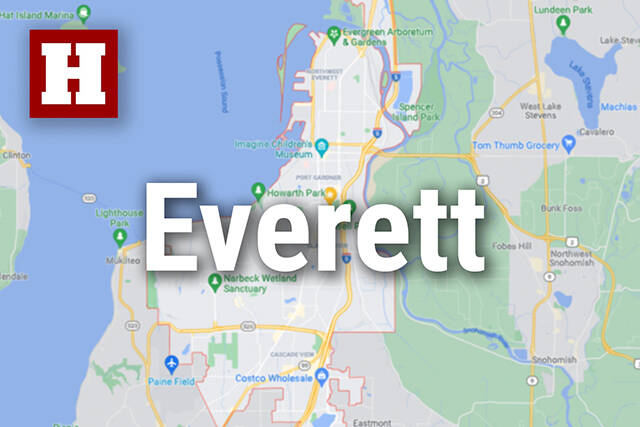EVERETT — Roosters can keep crowing in Everett for at least the next year.
But peafowl will need to flare their feathers elsewhere starting next year.
Everett’s animal services staff initially proposed banning both birds over noise complaints among a suite of code changes. Some of the other tweaks banned the sale of rabbits and increased the number of neutered and spayed cats and dogs allowed in a home.
“Our intention, our hope, is just to reduce noise complaints however that is done,” Everett animal services manager Glynis Frederiksen said.
But Everett City Council member Mary Fosse proposed keeping roosters at the Nov. 30 council meeting. Owners can pay $50 for a small livestock facility license fee, which goes into the city’s general fund and helps offset the cost of the animal services department.
“A universal ban for people who have roosters for educational reasons, 4-H, etc., is not right,” said Fosse, who also acknowledged having a small bantam rooster.
Fosse’s amendment passed 5-2. Council President Brenda Stonecipher and Vice President Judy Tuohy voted no.
Stonecipher said she worried about rooster noise as housing in Everett becomes denser, and the enforcement structure. Tuohy questioned how rooster owners would learn of the new license fee requirement.
Frederiksen said she did not know of other cities in Snohomish County that let people own roosters.
“I was frankly surprised that we allowed that in our code,” Stonecipher said.
Kristen Hoyt, 35, has owned chickens for about 8 years, most of that time in city limits until a recent move just east of Everett. She and her family keep the chickens for food and as pets.
Their five roosters, Fabio, Doodle Bug, Booskie, Loki and Papi, help protect the 35 or so hens from predators such as eagles, hawks and raccoons. Most of the roosters came from chicks she bought because it’s hard to tell the sex of them at that stage, she said.
The noise from roosters isn’t as bad as people can make it seem, Hoyt said. They can crow early in the morning but she puts them in a coop at night, which helps dull the sound. More crowing happens when they communicate to the others about a potential danger, but they are otherwise busy scratching at the ground for food, she said.
“In all reality, the hens are more noisy than the roosters,” Hoyt said. “They’re squawking all day long.”
Everett’s animal services department gets a couple of complaints about roosters per week, Frederiksen told the council. But a lot of those complaints aren’t followed by enforcement because people don’t sign witness statements, she said.
It’s time-consuming for the city’s animal control officers to prove noise complaints because they have to be there for hours sometimes in order to establish probable cause, Frederiksen said.
Assistant city attorney Flora Diaz told the council that animal control officers respond to reports of animal code violations. With roosters allowed only at properties with a facility license, they could check after a complaint.
But not all roosters crow, or at least not as loudly as the sound people may have in their mind, Fosse said. Sometimes, a hen within a flock of all female chickens will become the crowing bird, she said.
The council also unanimously approved a one-year sunset for allowing roosters, with a goal to review noise complaints and enforcement.
Ben Watanabe: 425-339-3037; bwatanabe@heraldnet.com; Twitter: @benwatanabe.
Talk to us
> Give us your news tips.
> Send us a letter to the editor.
> More Herald contact information.

























